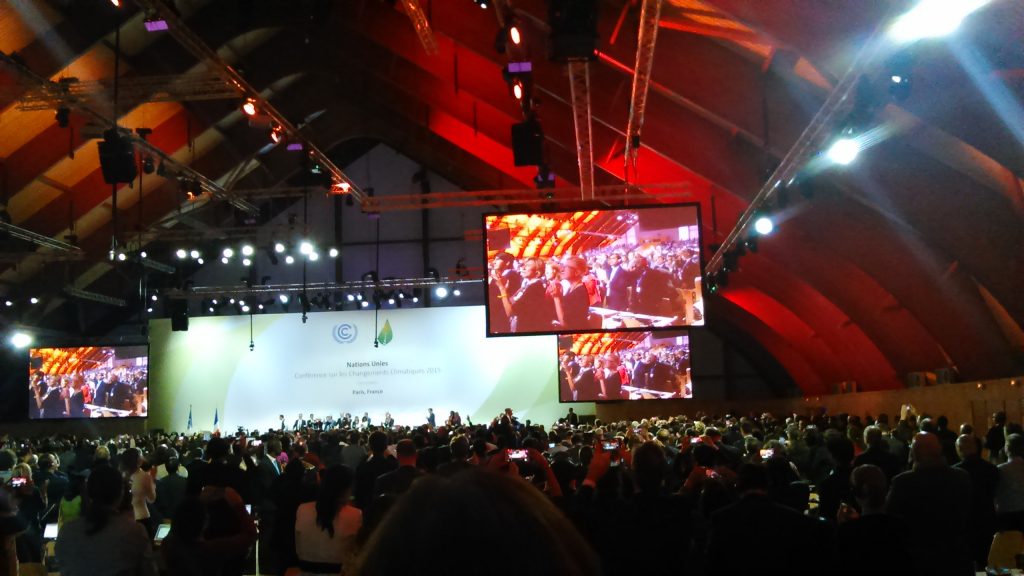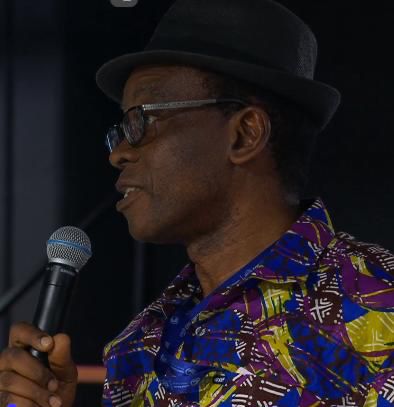
A few days before the end of the talks, Era Environnement goes back to one of the distortion points of the negotiations. It is the carbon market, seen by industry as an opportunity to integrate low-carbon solutions, but by civil society it is seen as a source of land grabbing.
What emerges from the negotiations on the carbon market?
As the end of negotiations approaches, information about the sale of African land for carbon offsets is flowing from both sides. According to observers, the carbon market rules of the UN Framework Convention on Climate Change that could put a brake on these agreements worsened the situation overnight. “At present, country-specific compensation agreements under Article 6.2 of the Paris Agreement are not subject to any call for transparency, monitoring and consequences,” say observers at around 1:50 am on Sunday 10 December. Same opinion from other observers.
“The negotiations on Article 6.2 today are very complex, and could end with a text presented tomorrow “take it or leave it”, they report. Saturday afternoon, several civil society actors from the African continent gathered during a march in Dubai to demand climate justice and the exit of fossil fuels. They also protested against carbon market and the agreements made by several African countries under carbon offsetting.
At 10:30 AM this Sunday, Ephraim Mwepya, Chair of the African Negotiators Group, feels unable to answer questions on this subject. He tells Era Environnement he was not empowered to comment on individual country positions. Speaking to Radio Era Environnement, Nnimmo Bassey, director of the Nigerian NGO, Health of Mother Health Foundation (HOMEF), describes COP 28 as “a favorite place for marketing around a huge carbon market”. Citing the program of the United States of America to accelerate the energy transition in developing countries, particularly in Nigeria, as part of a carbon offsetting initiative, Bassey rises up against it.

“The money from this sector will result in the loss of sovereignty of the lands belonging to the communities, they will lose access to them and will no longer have access to the resources that nature gives them”, stresses the Nigerian activist who has written several books on the destruction of natural resources by oil companies in his country and in Africa.
Gerald Prolman, president of Everland, an American company working in the carbon market in Cambodia, Kenya and the Democratic Republic of Congo, presents the carbon market as an opportunity to reduce pollution and develop projects and empowering people at the local level. For him, this area is rather a booster for communities and penalizes polluters. “The carbon credit serves as a penalty for the polluter. The concept is that the price is getting higher and higher to encourage polluters to become more efficient and pollute less,” he explains to Era Environnement.
For Erika Lennon, senior counsel at the Center for International Environmental Law (CIEL), the carbon market lacks clarity and strict regulation. “Even after a year of scandals that exposed widespread failure and carbon market fraud, negotiators do not seem to have learned any lessons,” she said. The latest carbon trading proposals under discussion lack oversight and transparency: accepting them would be a victory for carbon cowboys and a massive loss for people and the planet,” she concludes.
By Houmi Ahamed-Mikidache




